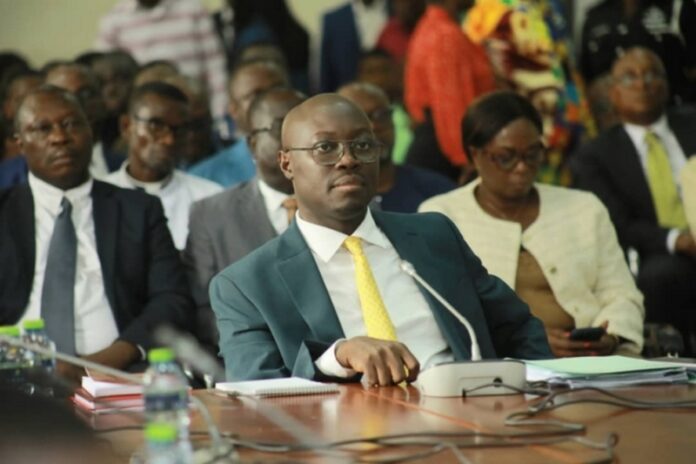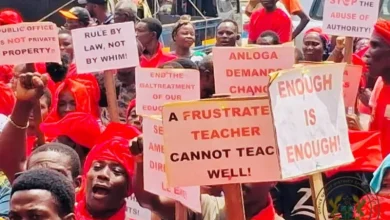
President Mahama’s nominee for Finance Minister, Dr. Cassiel Ato Forson, has pledged to reduce Ghana’s inflation to single digits through robust fiscal measures, particularly by controlling government expenditure.
Speaking during his vetting on January 13, Dr. Forson outlined a series of proposals aimed at stabilizing the economy, including cutting unnecessary spending and reducing the country’s reliance on borrowing.
One of his key priorities, he stated, is to bring inflation down to a target range of 8%.
“I believe if we are to introduce strong measures, particularly from the expenditure side, we will be able to bring inflation down to 8% plus or minus two. In doing so, we will be able to reopen the domestic bond market so that we can move away from the over-reliance on the treasury bill market,” Ato Forson said.
The Finance Minister-designate also promised to restore confidence in the economy amidst fiscal discipline.
“If you are confronted with a situation where you do not have financing, then there is a need for you to look within. Let’s deal with expenditure, let’s cut expenditure, let us not pretend that there is money there for us. Just like it has been done somewhere, we can also do it here,” he continued.
Cutting wasteful spending
He will also focus on reducing wasteful spending within the government.
“My proposal is let’s look at the expenditure side as well; it shouldn’t always be borrowing and borrowing. It is time for us to cut the waste, and so I will lead the process to cut the waste, and I will need the honourable members to cut the waste so that we live and stay within the envelope that we can.”
To further address Ghana’s fiscal challenges, Ato Forson noted that the country would work with its development partners, including the African Development Bank, the World Bank, the European Union, and other bilateral agencies, as well as the International Monetary Fund (IMF) if the need arises to access cheaper sources of financing.
“If there is the need, we will work with our development partners to raise cheaper sources of financing to finance government expenditure, particularly expenditures that can lead to proper and inclusive growth,” Forson concluded.




